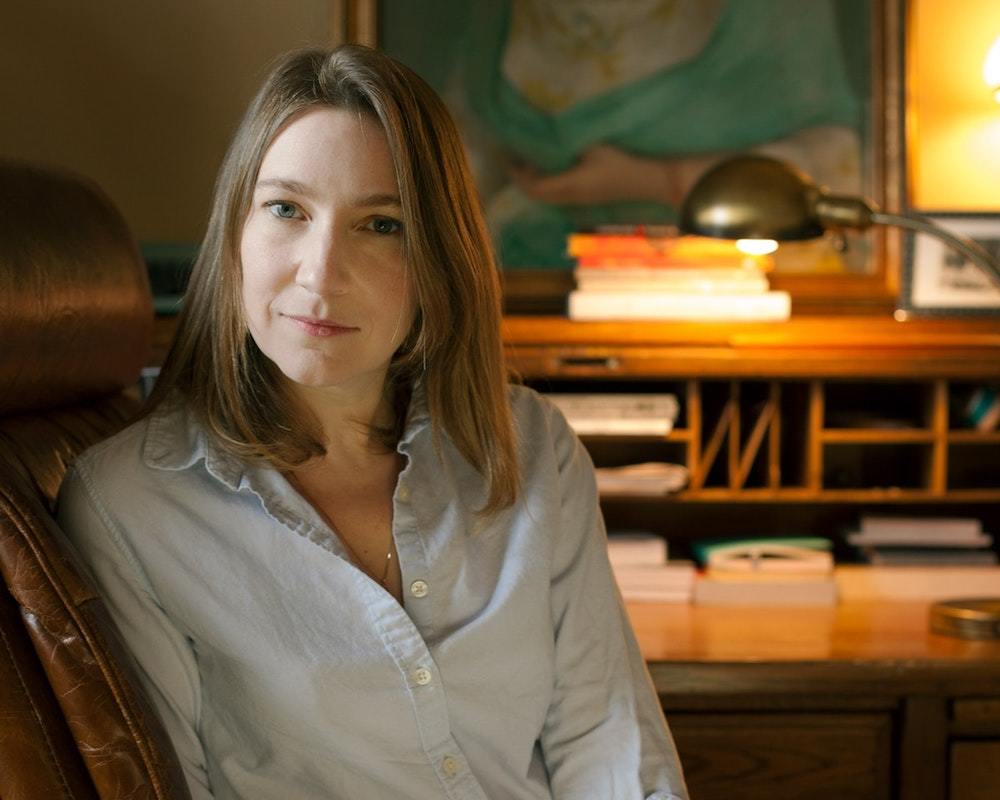At Bookforum, Kaitlin Phillips reviews the novel Motherhood by Sheila Heti, a Canadian writer noted for her auto-fiction about the anxieties and pleasures of making art. In Motherhood, Heti turns her attention to a female artists’s fraught decision to have a child—a decision, the book observes, that isn’t nearly so complex for male artists, who have historically depended on the unacknowledged labor of their wives to raise the children while they make art. Here’s an excerpt from Phillips’s review:
Sheila is funny, and idiosyncratic enough to rub contra to 2018, a time when the litmus test for a woman’s success is the extent to which her daily planner is a subject of marvel. How does she have time? we whisper, usually of women we don’t know. Maids?! It’s only fitting that The Cut recently debuted “How I Get It Done,” a supremely popular column in which female overachievers strive to be palatably self-deprecating. They have supportive husbands; they don’t sleep in. (Melissa Clark, the New York Times food writer: “Here’s an embarrassing thing: We don’t eat dinner with our daughter. I hate to go public with this because it’s so not what people do. But that’s how it is.”) In Motherhood, Sheila isn’t getting much done. She’s too busy sitting at her desk, thinking obsessively about her fertility.
In fact Sheila gets the idea for this book from her rather saintly boyfriend, Miles, as a solution to her obsession: “Why don’t you write a book about motherhood? Since you’re thinking about it so much. And talking about it with everyone you meet.” Rachel Cusk—one of the most sober writers working today—has written about the toxicity indecision about motherhood can wreak on the female writer. “It was this distraction, as much as the fact of motherhood itself, that I wanted to have within my control. I regarded it as a threat, a form of disability that marked me out as unequal.” Coming from anyone but Cusk, I would find this argument hysterical. Is fretting over having a child really more distracting to her work than a literal baby sleeping in the next room? But Sheila shares Cusk’s sudden preoccupation with motherhood in her thirties, and an anxiety about the effect of this alternative shadow life on her writing. Cusk had children, though she doesn’t explicitly say she did so in order to quiet the voices in her head. Sheila writes herself out of the predicament: “I know the longer I work on this book, the less likely it is I will have a child. . . . This book is a prophylactic.” The problem with the novel is also why it’s secretly a joy to read: It wasn’t written for us.
Image of Sheila Heti via the Paris Review.
